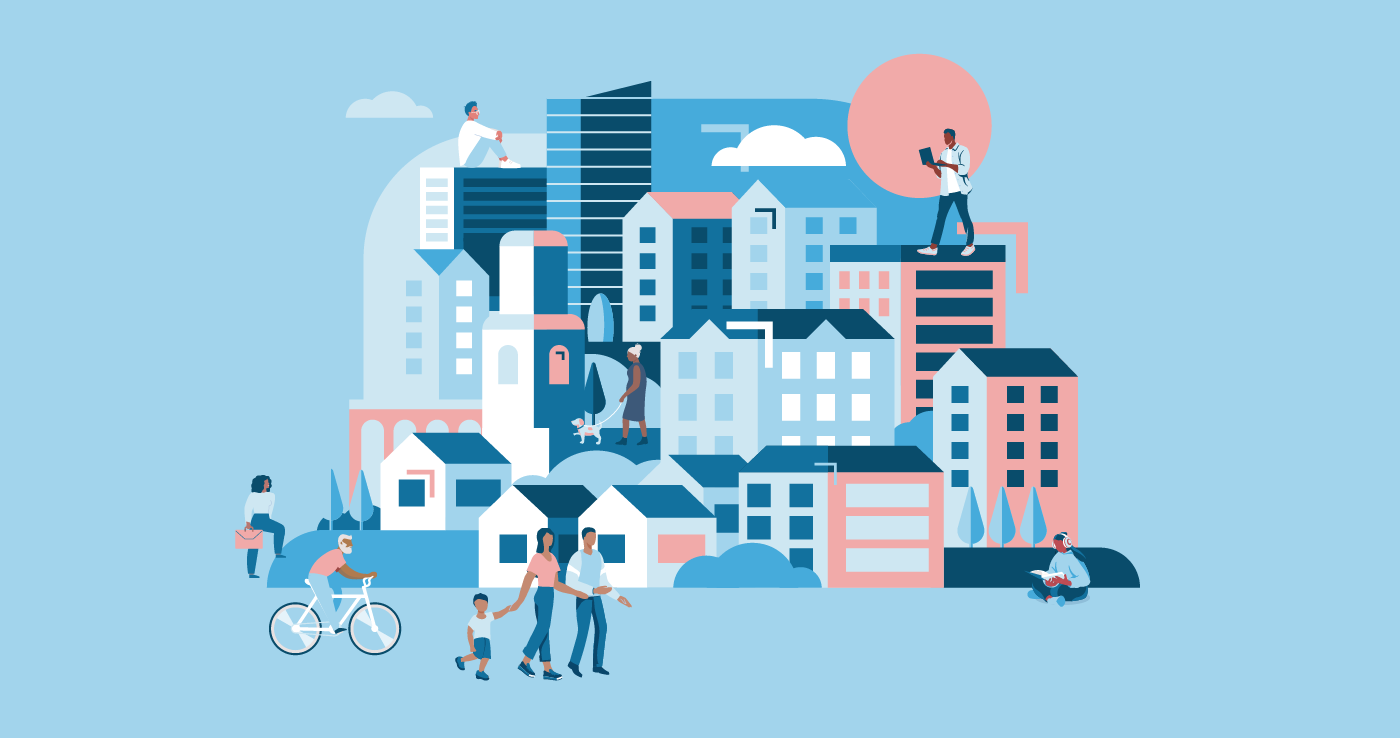
The Local Data for Equitable Communities grant program, a collaboration of the Robert Wood Johnson Foundation (RWJF) and the Urban Institute, is happy to announce the awarding of four $50,000 general support grants to four exceptional organizations: Air Alliance Housing, Amparo, Data You Can Use, and Para Los Niños. The organizations are all former grantees of the data-for-action grant programs and share the RWJF vision for a future where health is no longer a privilege, but a right. These grantees have distinguished themselves with extraordinary contributions that have helped their communities use data to improve the conditions necessary for health and well-being. We are honored to have learned from these organizations’ experiences and hope other local groups are inspired to undertake similar efforts in their communities.
Air Alliance Houston, a two-time grantee that works to reduce the public health impacts of air pollution through research, education, and advocacy, has a comprehensive and tested approach for helping residents use data for local action. Their project taught neighbors about the science of environmental measures and a rigorous data collection procedure and then convened residents to develop action plans tailored for community priorities. The organization also has a clear vision of what is required to change the systems that drive disparities. They work at the levels needed to achieve environmental justice: grassroots organizing paired with engaging government leaders at the local, state, and federal levels.
Amparo, an organization in Albuquerque that provides housing assistance to prevent evictions, partnered with Organizers in the Land of Enchantment (OLE), a community-based organization with a strong history of local organizing, to address rental housing conditions. Canvassers knocked on more than 15,000 doors and learned about the challenges renters are facing, including rising rental costs, lease-up fees, and units in poor condition. Amparo leveraged RWJF’s grant to secure funding for a full-time community organizer and the project galvanized renter organizing in the region.
Data You Can Use (DYCU) is a two-time grantee and a member of the National Neighborhood Indicators Partnership that helps people access data and make data useful in improving community conditions in Milwaukee neighborhoods. They pioneered the use of Data Chats during the 2020 grant program in response to the pandemic and applied the model again in 2022 to explore indicators of Black youth achievement. In 2024, DYCU received local funding for a new series of Data Chats on Latine youth achievement. Data Chats provide a two-way learning platform for researchers and local stakeholders to review data together and build a shared understanding about how to interpret the data. Each Data Chat project in Milwaukee supported advocacy, new investments, and new collaborations. DYCU coauthored a guide with the Urban Institute on the approach, illustrating how RWJF’s data-to-action grant programs support innovations that communities can adapt to their particular needs.
Para Los Niños, a two-time grantee based in Los Angeles, supports children and families through integrated education, wellness, support, and advocacy programs that address both individual and systemic barriers and create pathways to success. Its Community Transformation Collective division developed a sophisticated approach to putting data directly in the hands of residents to drive systems change. Their first project assessed a resource-distribution pilot, examining its impacts on family well-being, food security, housing security, transportation, and mental health. This pilot led to the creation of the Community Bill of Human Rights, in which residents presented quantitative data, lived experience, and recommendations for policy changes to a wide audience including city council members. Para Los Niños’s second project educated neighbors about renter protections and strengthened community capacity to advocate for systems change around housing justice. They compiled new survey and secondary data to help residents consider different advocacy campaigns and strengthen collective action.
The Local Data for Equitable Communities program is an annual program that supports nonprofits to use data to catalyze local action, address inequities, and ensure all residents can live their healthiest lives. The next call for proposals will be in late January 2026.
Let’s build a future where everyone, everywhere has the opportunity and power to thrive
Urban is more determined than ever to partner with changemakers to unlock opportunities that give people across the country a fair shot at reaching their fullest potential. Invest in Urban to power this type of work.